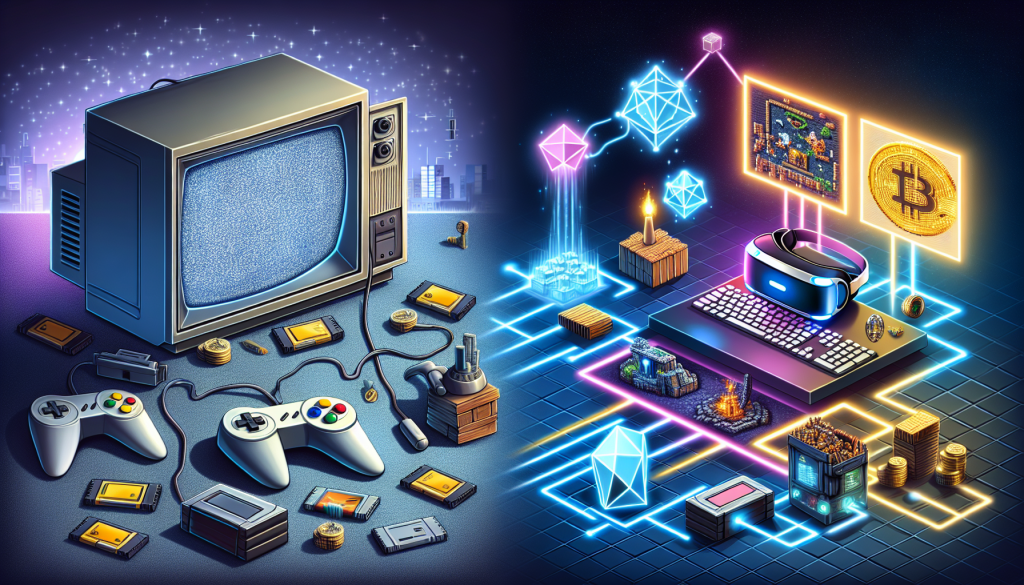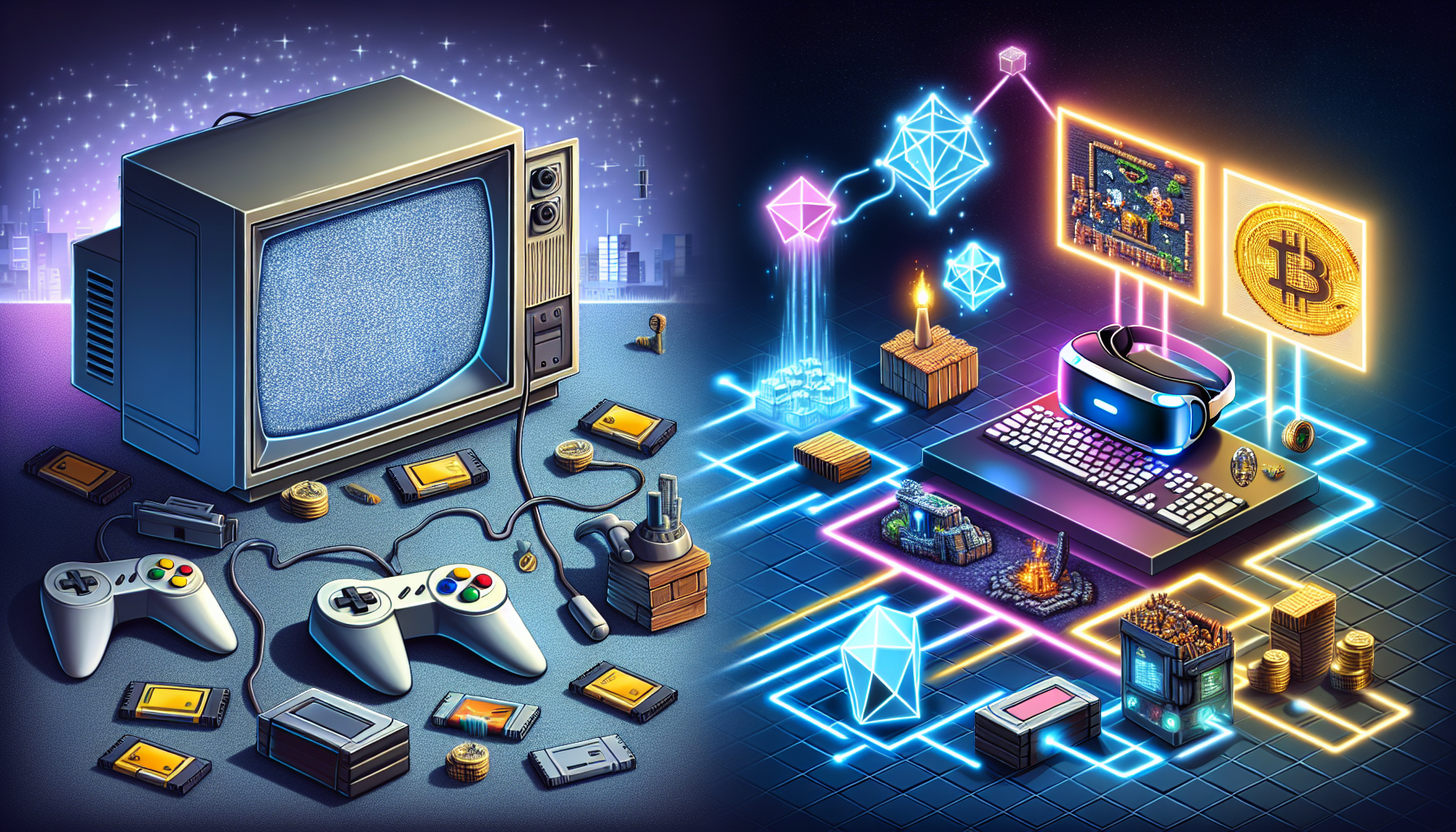/ Jan 22, 2026
Trending


In recent years, blockchain technology has been heralded as a transformative force across numerous industries. While its impact has been significantly felt in finance and supply chain management, a new frontier is emerging where blockchain is creating waves: the gaming industry. Recent developments highlight how blockchain is set to revolutionize digital gaming in unprecedented ways. This article delves into these advancements and explores their implications for developers, gamers, and the broader tech landscape.
For years, Ethereum has been the go-to blockchain for decentralized application (dApp) development. This platform hosts a myriad of decentralized games that leverage its smart contract functionality. However, Ethereum’s high gas fees and occasional scalability issues have prompted developers to seek alternative networks that offer lower costs and faster transactions. While Ethereum’s hold on the market remains strong, competitors are gaining ground by addressing these challenges.
Polygon, formerly known as Matic Network, has emerged as a significant player in the blockchain gaming space. By offering layer-2 solutions, Polygon significantly reduces transaction costs and times without sacrificing security. Consequently, it has become a favorite for developers looking to build scalable gaming platforms that can operate efficiently even with high transaction volumes.
Avalanche, another rising contender, boasts high throughput capabilities with near-instant transaction finality. It’s proving particularly attractive for gaming platforms requiring high-speed transactions, which are crucial for maintaining seamless user experiences in interactive environments. Both networks are carving out niches that appeal to developers seeking alternatives beyond Ethereum’s limitations.
With blockchain technology, the concept of in-game economies is being transformed. Traditional games often centralize control over player assets, which can be restrictive and limit player ownership. Blockchain games, however, empower players by granting them genuine ownership of digital assets through NFTs (non-fungible tokens) and cryptocurrencies.
This decentralized nature allows gamers to retain control over in-game items, trade them on open markets, or even port them between different games. This flexibility enriches the gaming experience and opens up new avenues for revenue generation. The rise of play-to-earn models, where players earn rewards convertible into real-world currency, is a testament to the novel opportunities that blockchain introduces.
Play-to-earn models have particularly captured the interest of both gamers and investors. Platforms like Axie Infinity and Decentraland have demonstrated the viability of these economies. Players can earn substantial income through gameplay, which has spurred the growth of an entirely new class of digital economy participants.
This model does not only provide financial incentives for players but also builds robust communities around these games. Enthusiasts and professional gamers alike are attracted by the dual lure of engaging gameplay and financial gain, fostering increased engagement and social interaction.
As blockchain gaming gains momentum, it inevitably attracts regulatory scrutiny. Governments and regulatory bodies around the world are taking notice of the economic activities stemming from these games. Questions of taxation, the legality of digital asset ownership, and player protection are coming to the forefront as these games begin to blur the lines between gaming and legitimate economic activities.
Regulatory frameworks are still catching up with the fast-paced innovation in this space. However, proactive collaboration between developers, investors, and regulators is essential to create an environment where blockchain gaming can flourish while safeguarding players’ interests.
Security remains a top concern in the blockchain gaming industry. As with any nascent field that involves financial transactions, there are risks of fraud and exploitation. Developers must prioritize robust security protocols to protect users and maintain game integrity.
Despite these challenges, blockchain’s inherent transparency and decentralization offer advantages in mitigating fraudulent activities and ensuring fair play. As the technology matures, we can expect more sophisticated security measures designed to protect players and their digital assets.
The convergence of gaming and blockchain is poised to redefine the digital entertainment landscape. As new platforms emerge and existing ones evolve, the possibilities for innovation seem limitless. The continued expansion of blockchain gaming ecosystems will likely catalyze further technological advancements, pushing the boundaries of what is possible in digital gaming.
In this volatile yet promising landscape, stakeholders across the spectrum—from developers to players and regulators—have roles to play in shaping a sustainable and equitable gaming future. As these ecosystems grow, it is clear that blockchain is not just a passing trend but a foundational technology that will continue to drive the future of gaming forward.
Stay ahead with Blockchainooz! Get daily updates on industry insights, market trends, and innovative blockchain technology—all in one place. Perfect for enthusiasts and investors looking to make informed decisions in the ever-evolving world of blockchain and crypto.